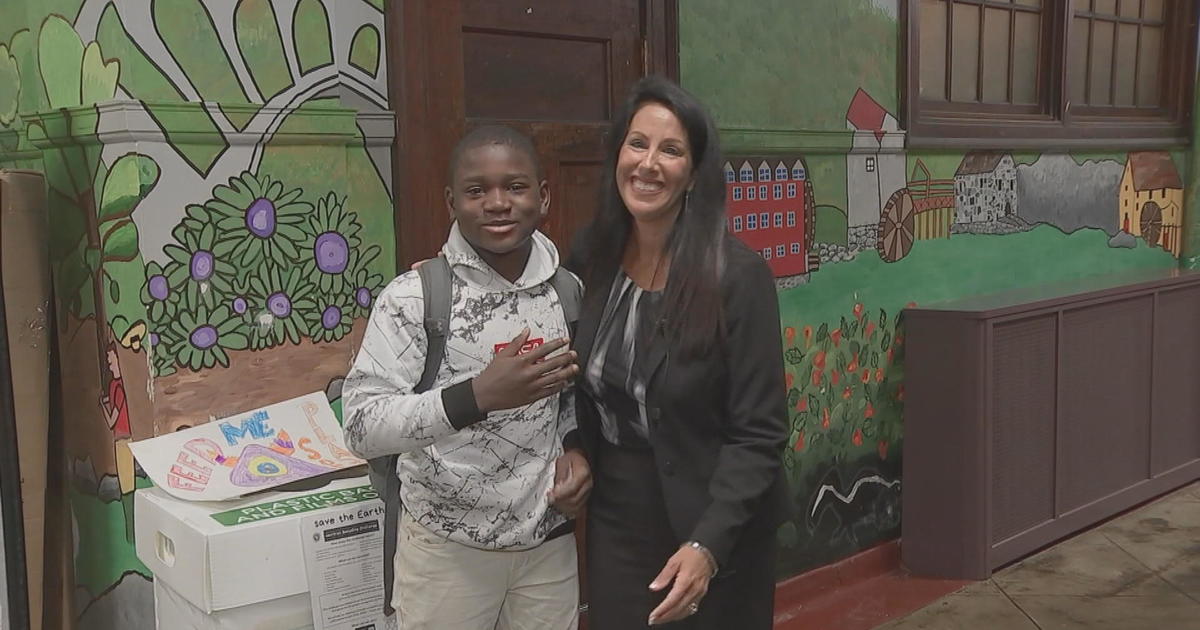Coronavirus Philadelphia: Positive Tests Higher In Poorer Neighborhoods Despite Six Times More Testing In Higher-Income Neighborhoods, Researcher Says
PHILADELPHIA (CBS) -- A local researcher has uncovered a trend in coronavirus testing. A Drexel University scientist counted the number of COVID-19 tests that have been administered in every zip code in Philadelphia.
Usama Bilal found that in neighborhoods with a higher number of unemployed or uninsured people, there was less testing.
Per capita, zip codes with a lower proportion of minorities and higher incomes, there were a higher number of tests.
Bilal started his study on April 1 using data from the Department of Public Health. He says there is a consistent pattern.
Coronavirus Latest: Local States Beginning To Pay Out Record Number Of Unemployment Claims
The number of positive tests are higher in poorer neighborhoods. His conclusions are that there is more overcrowding with a larger number of people living in each household.
However, he says people in higher-income neighborhoods are being tested six times more than lower-income areas.
One interesting finding is that because of Philadelphia's testing guidelines, health care workers and people above a certain age with symptoms fall in the category of those with higher incomes.
"Areas with a higher proportion of health care workers, which are the ones that -- right now all the priority is on testing health care workers, as it should be. As this evolves, what we need to see and we need to continue tracking is that testing becomes more widespread covers more portions of the city," Bilal said.
Bilal says the less fortunate, like those working paycheck to paycheck, will be more likely to suffer economically.
They also need to be healthy to continue providing for their families, hence the reason they also need to get tested, if needed.



